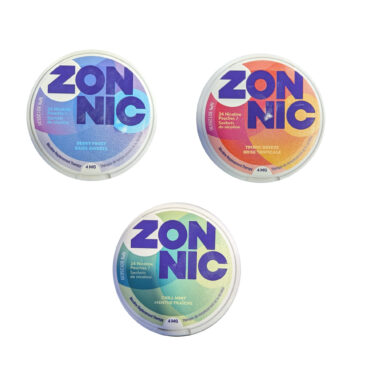Physicians for a Smoke-Free Canada today welcomed British Columbia’s new regulations to protect young people from tobacco and vaping industry marketing.
“Last year Brritish Columbia was the first Canadian jurisdiction to develop a comprehensie strategy to address the youth vaping crisis,” said executive Director Cynthia Callard. “The regulatory measures that were advanced today as part of that strategy will help protect young people and others from a harmful and costly addiction to nicotine.”
The measures announced by B.C. Health Minister Adrian Dix today will restrict the sale of flavoured vaping products to specialty vape shops, will liimit the amount of nicotine in liquids to 20 mg, and will strengthen controls on promotion and packaging. The regulations complement and are embedded in a comprehensive cross-government approach developed by the province and involving youth and other government departments.
“British Columbia is intoducing regulatory controls which are considered urgent by public health researchers and community experts,” said Ms. Callard. “Reducing the concentration of nicotine is expected to dampen the addictiveness to new users and reducing access to flavoured products is expected to reduce the impulse sales which entrap so many young people. The new provincial packaging and advertising restrictions strengthen the federal approach.”
Ten years ago Canadian provinces and the federal government moved to remove flavours from tobacco products. One of the key lessons from this experience was the importance of prohibiting the sale of menthol and mint-flavoured tobacco products. British Columbia’s decision to treat menthol equitably with other flavours is in keeping with best practices for flavour regulations.
The organization is encouraging governments to ban all vaping flavours other than tobacco flavours. “Flavours like strawberry and mango do more than trigger the impulse to use such products,” explained Ms. Callard. “They also create a misleading impression of the harmfulness of this drug. It is harder to understand that something is dangerous when it tastes like fruit.”
British Columbians of all ages will benefit from these regulations: Fewer young people will be encouraged to try a drug which historically traps one-third of its users in long-term addiction; Smokers who use e-cigarettes in their quit attempts are less likely to become long-term e-cigarette users; Former smokers are less likely to be re-recruited to nicotine use.
Current evidence supports governments adopting even strictter restrictions on the vaping market. “Today’s announcement reflects the growing understanding that regulatory controls on the vaping market need to be reviewed. Research published since the vaping market was liberalized in 2018 increasingly cautions that there will be severe long term health consequences from using these products and that the current marketing of these products is driving up youth use while doing little to reduce conventional smoking by adults.”
Earlier this month, federal Health Minister Patty Hajdu announced final regulations to restrict advertising for vaping products in Canada to places where young people do not have access, and indicated that she is also looking at reducing the amount of nicotine or flavours allowed in vaping products.
“It is reassuring that even in the midst of the COVID-19 crisis, many health ministers across Canada are giving priority to protecting young people from vaping nicotine. We urge them to work collectively to address the remaining weaknesses in public health controls.”
Background
Fact sheet on provincial restrictions on vaping product promotions and use. Updated July 2020.

